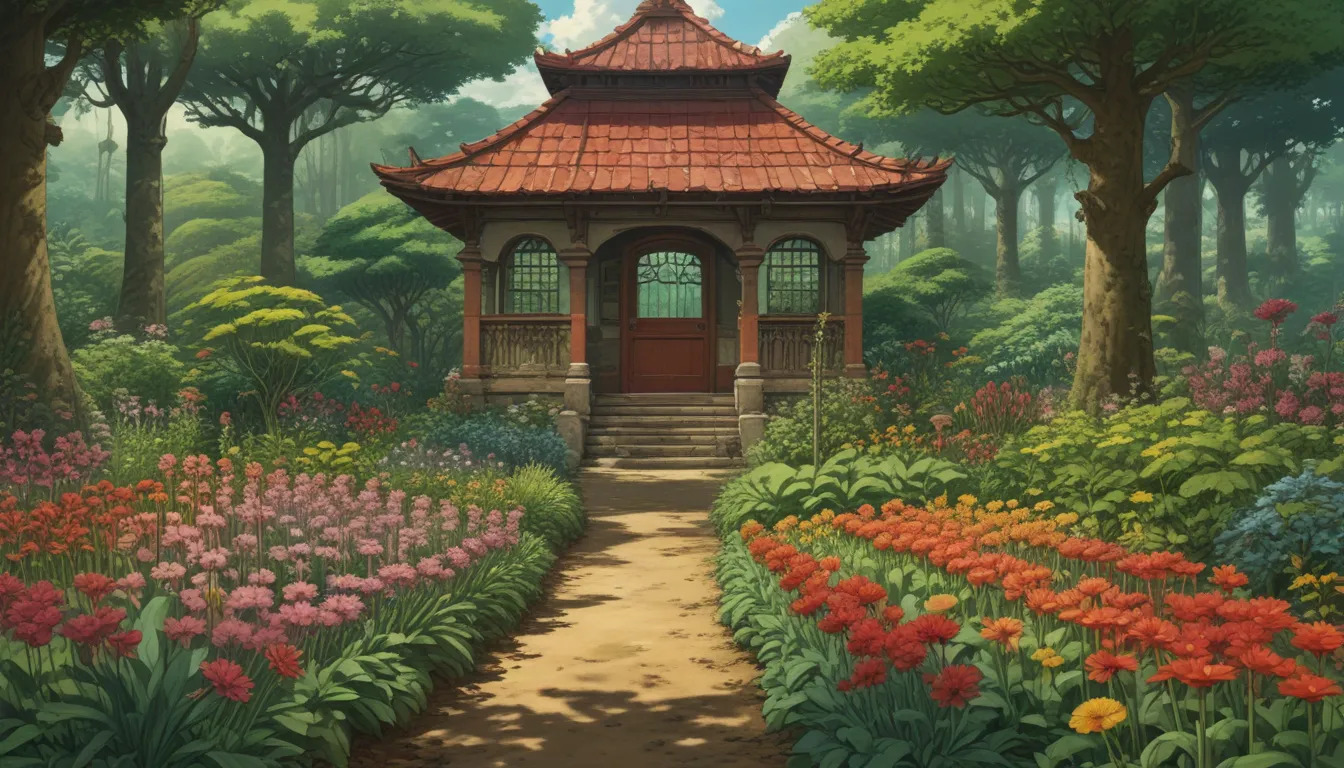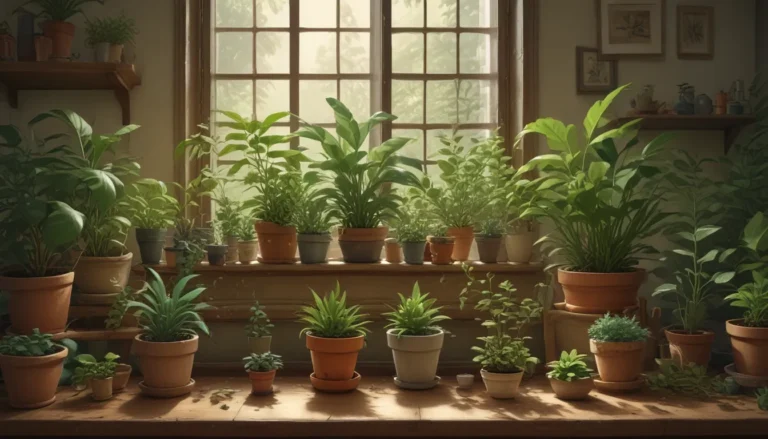Unlocking the Power of Companion Plants for Thriving Chard Gardens

Are you looking to create a thriving vegetable garden with beautiful Swiss chard as the star? If so, you’ve come to the right place! Swiss chard, also known as silver beet, is a fantastic addition to any garden. This leafy green is easy to grow and produces colorful, tender stalks packed with health benefits.
To maximize your chard harvest and create a vibrant garden ecosystem, choosing the right companion plants is essential. Whether you want to repel pests, attract beneficial insects, provide nutrients to the soil, or simply make the most of your growing space, selecting the right plant partners can make a significant difference.
In this comprehensive guide, we’ll explore seven of the best companion plants for Swiss chard, along with tips on which plants to avoid. By creating a well-balanced garden with compatible plant combinations, you can enhance the health and productivity of your chard crop.
The Power of Companion Planting
Companion planting is a gardening technique that involves planting different species of plants together to achieve specific benefits. When done right, companion planting can help control pests, improve soil health, and enhance overall plant growth. By selecting the right companions for your Swiss chard, you can create a harmonious garden environment that supports healthy growth and abundant harvests.
Why Choose Companion Plants for Chard?
- Enhance soil health
- Repel pests
- Attract beneficial insects
- Maximize growing space
- Create a balanced garden ecosystem
Now, let’s explore seven of the best companion plants for Swiss chard, along with tips on how to create a thriving garden environment.
Top Chard Companions
Swiss chard is a versatile plant that gets along well with a variety of companion plants. Here are some of the top companions that can enhance the health and productivity of your chard crop:
1. Alliums
Alliums, such as garlic, onions, and chives, are excellent companions for Swiss chard. These plants help repel pests with their strong odor and attract beneficial insects when they bloom. Consider planting garlic chives alongside your chard to provide a source of food for predatory insects.
Garlic Chives: These aromatic plants are not only beneficial for repelling pests but also add a delicious flavor to your dishes.
2. Annual Flowers
Annual flowers like marigolds, nasturtiums, and sweet alyssum make great companions for Swiss chard. Marigolds repel pests, while nasturtiums attract beneficial insects and repel aphids. Sweet alyssum acts as a ground cover and helps keep the soil healthy.
‘Carpet of Snow’ Sweet Alyssum: This variety of sweet alyssum is an excellent ground cover that attracts beneficial insects to your garden.
3. Brassicas
Plants from the brassica family, such as cabbage, broccoli, and kale, are suitable companions for Swiss chard. These plants have shallow root systems that complement the moderate root depth of chard, creating a harmonious growing environment.
‘Savoy Perfection’ Cabbage: This mild and flavorful cabbage variety is a great companion for Swiss chard, offering a unique taste to your dishes.
4. Celery
Celery is another excellent companion plant for Swiss chard. With its compact growth habit and shallow roots, celery complements chard’s root structure. Consider growing ‘Tall Utah’ celery alongside your chard for a delicious fall harvest.
‘Tall Utah’ Celery: Known for its long, crisp stalks, this celery variety is a perfect match for Swiss chard in the garden.
5. Herbs
Herbs like mint, dill, and cilantro can be beneficial companions for Swiss chard. Mint, in particular, helps repel pests and attracts beneficial insects to your garden. Consider planting peppermint alongside your chard for a refreshing addition to your dishes.
Peppermint: This versatile herb not only adds flavor to your recipes but also helps deter pests and attract beneficial insects.
6. Legumes
Legumes like bush beans and peas are excellent companions for Swiss chard. These plants fix nitrogen in the soil, providing essential nutrients for chard’s growth. Consider planting ‘Cherokee Wax’ bush beans alongside your chard for a colorful and productive garden.
‘Cherokee Wax’ Bush Beans: These vibrant yellow snap beans are a delightful addition to your garden, offering nitrogen fixation benefits for Swiss chard.
7. Lettuce
Lettuce is another suitable companion for Swiss chard, providing a shallow root system that complements chard’s growth habit. Consider planting ‘Broadleaf Batavian’ lettuce alongside your chard for a lush and productive garden bed.
‘Broadleaf Batavian’ Lettuce: This spreading variety of lettuce acts as a living mulch, covering the soil and preventing weed growth in your garden.
Bad Plant Neighbors
In addition to selecting the right companions, it’s essential to avoid planting incompatible species near your Swiss chard. Some plants may compete for nutrients, attract pests, or inhibit chard’s growth. Here are some plant neighbors to avoid when growing Swiss chard:
- Sunflowers: Allelopathic properties may hinder chard growth.
- Members of the goosefoot family: Spinach, beets, amaranth, and quinoa can attract pests and diseases.
- Cucurbits: Squash, melons, cucumbers, and gourds may overwhelm chard with their trailing vines and heavy feeding habits.
By being mindful of these bad plant neighbors, you can create a balanced garden environment that supports the health and productivity of your Swiss chard crop.
Embrace the Power of Companion Planting for Your Chard Garden
With the right companion plants by its side, your Swiss chard can thrive and produce bountiful harvests. By selecting compatible plant partners, you can enhance soil health, repel pests, attract beneficial insects, and create a harmonious garden ecosystem. Whether you’re a seasoned gardener or a beginner, companion planting offers a wealth of benefits for your chard garden.
Do you have a favorite companion plant for Swiss chard that’s not on this list? Share your gardening experiences and success stories in the comments below. Let’s continue to unlock the power of companion planting for thriving gardens and abundant harvests. Happy gardening!





